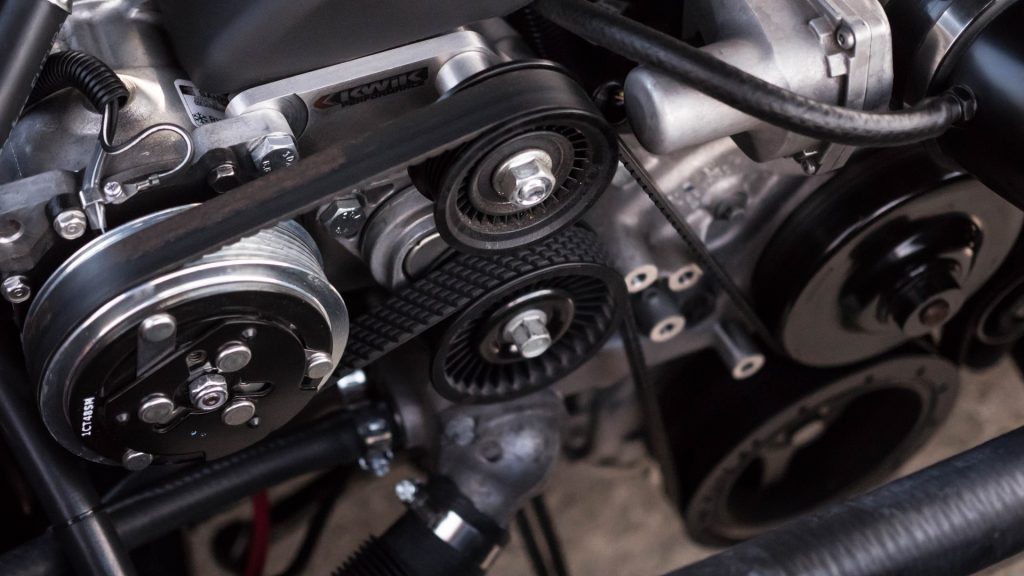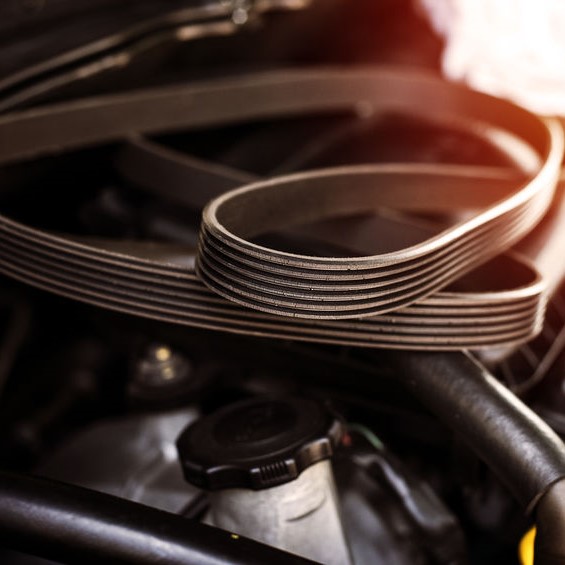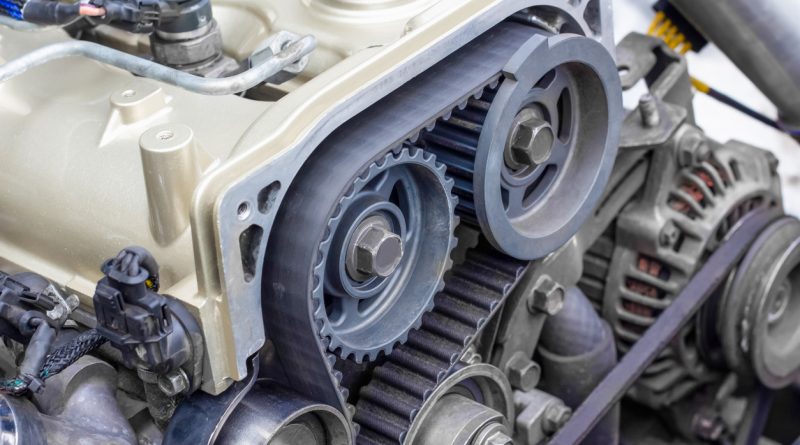The Importance of Timing: Can Your Car Start Without It?
Timing plays a crucial role in the performance and efficiency of your car’s engine. It refers to the precise coordination of the engine’s valves and pistons, ensuring that they open and close at the right time. This synchronization is essential for the combustion process, allowing the engine to generate power and run smoothly. Ignoring timing issues can lead to a range of problems, including decreased performance, increased fuel consumption, and potential engine damage. In this article, we will explore the importance of timing in your car’s engine and discuss how to maintain it for optimal performance.
What is Timing and Why is it Important for Your Car’s Performance?
Timing refers to the precise coordination of the engine’s valves and pistons, ensuring that they open and close at the correct time during the combustion process. The timing system consists of various components, including the timing belt or chain, camshaft, crankshaft, and timing gears. These components work together to control the opening and closing of the valves, allowing air and fuel to enter the combustion chamber and exhaust gases to exit.
Proper timing is crucial for optimal performance and efficiency. When the valves open and close at the right time, it allows for efficient combustion, maximizing power output and minimizing fuel consumption. It also ensures that the valves do not come into contact with the pistons, preventing potential damage to both components. In addition, proper timing helps reduce emissions by optimizing combustion efficiency.
The Consequences of Ignoring Timing Issues in Your Car
Ignoring timing issues in your car can have serious consequences for both performance and longevity. One of the potential consequences is damage to engine components. If the timing is off, there is a risk of the valves coming into contact with the pistons during operation. This can result in bent valves, damaged pistons, or even a cracked cylinder head. These repairs can be costly and may require the replacement of multiple components.
Another consequence of ignoring timing issues is decreased fuel efficiency and increased emissions. When the timing is incorrect, the combustion process is not optimized, leading to incomplete combustion and wasted fuel. This can result in decreased fuel efficiency, meaning you will have to spend more money on fuel to cover the same distance. Additionally, incorrect timing can lead to increased emissions, contributing to air pollution and environmental damage.
Signs that Your Car’s Timing is Off and Needs Attention

There are several signs that indicate your car’s timing may be off and in need of attention. One common sign is engine misfires or rough idling. If the timing is incorrect, the engine may struggle to run smoothly, resulting in a rough idle or intermittent misfires. You may also notice decreased acceleration and power when driving. This can be a result of inefficient combustion due to improper timing.
Another sign of timing issues is engine knocking or pinging sounds. These sounds occur when the combustion process is not properly timed, causing the air-fuel mixture to ignite prematurely or unevenly. Engine knocking can lead to further damage if not addressed promptly.
How Timing Affects Fuel Efficiency and Emissions
Proper timing plays a significant role in fuel efficiency and emissions. When the timing is correct, the combustion process is optimized, allowing for efficient burning of the air-fuel mixture. This results in better fuel efficiency, meaning you can cover more distance with less fuel consumption.
On the other hand, incorrect timing can lead to decreased fuel efficiency. If the valves open or close too early or too late, it can disrupt the combustion process, resulting in incomplete burning of the air-fuel mixture. This leads to wasted fuel and increased fuel consumption.
In terms of emissions, proper timing helps reduce harmful pollutants. When the combustion process is optimized, there is less unburned fuel and fewer byproducts that contribute to pollution. Incorrect timing, on the other hand, can lead to increased emissions of pollutants such as carbon monoxide (CO) and nitrogen oxides (NOx).
The Role of Timing in Preventing Engine Damage and Costly Repairs
Proper timing is essential for preventing engine damage and avoiding costly repairs. When the timing is correct, the valves and pistons operate smoothly without coming into contact with each other. This prevents potential damage to both components, such as bent valves or damaged pistons.
On the other hand, incorrect timing can lead to severe engine damage. If the valves and pistons collide due to improper timing, it can result in bent valves, damaged pistons, or even a cracked cylinder head. These repairs can be expensive and may require the replacement of multiple components.
Regular maintenance and attention to timing issues are crucial for preventing engine damage and avoiding costly repairs. It is important to have your car inspected regularly by a qualified mechanic who can check the timing system and make any necessary adjustments or repairs.
Timing Belt vs Timing Chain: Which is Better for Your Car?
The timing system in a car can be equipped with either a timing belt or a timing chain. Both options have their pros and cons, and the choice depends on various factors such as the car’s make and model, maintenance requirements, and cost.
A timing belt is made of rubber and is quieter than a timing chain. It requires regular replacement at recommended intervals, typically between 60,000 to 100,000 miles. Failure to replace a worn-out timing belt can result in catastrophic engine damage if it breaks while the engine is running. However, timing belt replacement is generally less expensive than replacing a timing chain.
On the other hand, a timing chain is made of metal and is more durable than a timing belt. It does not require regular replacement like a timing belt but may need occasional maintenance or adjustment. Timing chains are generally more expensive to replace if they become worn or damaged.
The choice between a timing belt and a timing chain depends on factors such as the car’s manufacturer recommendations, maintenance preferences, and budget. It is important to consult your car’s manual or a qualified mechanic to determine the best option for your specific vehicle.
How to Maintain Your Car’s Timing and Ensure Optimal Performance
To maintain your car’s timing and ensure optimal performance, regular maintenance and attention to timing issues are essential. Here are some key steps to follow:
- Regular maintenance and inspections: Schedule regular maintenance appointments with a qualified mechanic who can inspect your car’s timing system and make any necessary adjustments or repairs. This includes checking the timing belt or chain, camshaft, crankshaft, and timing gears.
- Timing belt/chain replacement at recommended intervals: Follow the manufacturer’s recommendations for timing belt or chain replacement. Typically, timing belts need to be replaced every 60,000 to 100,000 miles, while timing chains may not require regular replacement but may need occasional maintenance or adjustment.
- Proper installation and adjustment of timing components: When replacing the timing belt or chain, it is crucial to ensure proper installation and adjustment of all timing components. This includes aligning the camshaft and crankshaft correctly and setting the appropriate tension for the timing belt or chain.
By following these steps, you can maintain your car’s timing and ensure optimal performance and longevity.
The Importance of Timing in High-Performance Cars and Racing Vehicles

Timing plays a crucial role in high-performance cars and racing vehicles. In these vehicles, precise timing is essential for maximizing power output and achieving optimal performance on the track.
High-performance engines often have more aggressive camshaft profiles and higher compression ratios than standard engines. This requires precise coordination of the valves and pistons to ensure efficient combustion and prevent damage to engine components.
In racing vehicles, precise timing is crucial for achieving maximum power and acceleration. Even a slight timing error can result in decreased performance and slower lap times. Racing teams invest significant time and resources into fine-tuning the timing of their engines to gain a competitive edge.
Conclusion: Why Timing is Crucial for Your Car’s Longevity and Performance
In conclusion, timing plays a crucial role in your car’s engine performance and longevity. Proper timing ensures efficient combustion, optimal fuel efficiency, and reduced emissions. It also prevents damage to engine components and avoids costly repairs.
Regular maintenance and attention to timing issues are essential for maintaining optimal performance. This includes regular inspections, timing belt or chain replacement at recommended intervals, and proper installation and adjustment of timing components.
Whether you have a high-performance car or a standard vehicle, timing is crucial for maximizing performance and ensuring the longevity of your engine. By understanding the importance of timing and taking proactive measures to maintain it, you can enjoy a smooth-running engine with optimal performance and efficiency.
